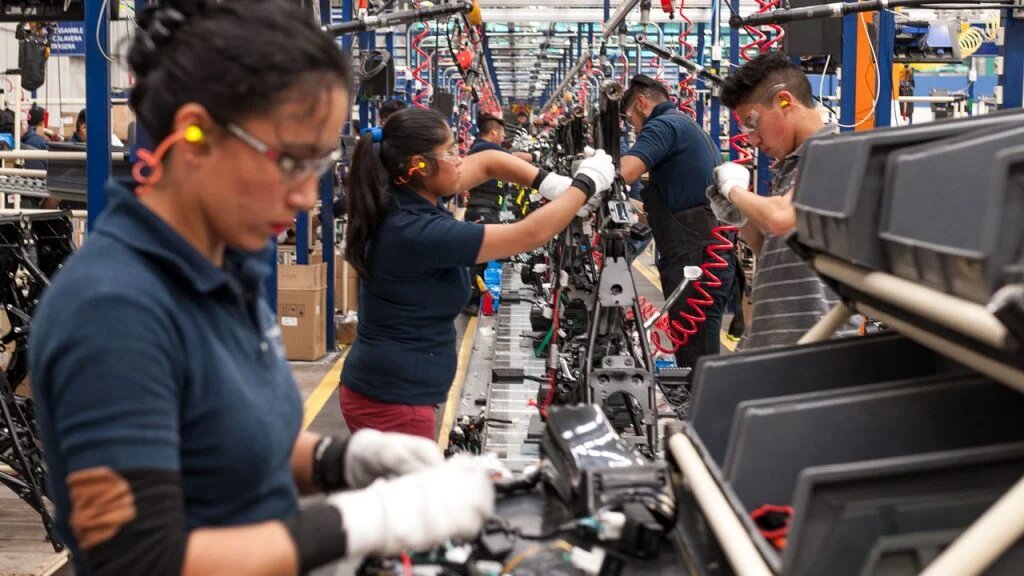In a world where more than one billion people working people do not earn enough money to maintain a adequate standard of livingthe need to ensure living wages becomes paramount in order to comply with the sustainability objectives established for the year 2030, emphasized the Global Compact.
Based on current trends, it is estimated that 575 million people will continue to live in the extreme poverty by 2030, and only one-third of the countries will meet the target of halving national levels of poverty.
According to this initiative promoted by the United Nationsthe living wagedefined as sufficient remuneration to allow a decent standard of living for the worker and his or her family, is a crucial element in lifting people out of poverty and in fulfilling the article 25 of the Universal Declaration of Human Rightswhich establishes the right to an adequate standard of living.
"If we want to achieve the 2030 Agenda, we need more ambitious companies, people who will lead the future in a sustainable way because it is not optional. In this sense, a job with a living wage is a way out of poverty for many working people and their families," he stresses.
To promote the living wage, Global Compact propose six key actions:
1. Understanding the concept of living wage
Beyond the legal requirements, it is essential to understand and adopt the concept of a living wage as fair compensation that covers basic needs and allows for a decent standard of living.
2. Secure the support of leading individuals
The commitment of leading individuals within organizations is crucial to implementing living wage policies, which enhances reputation and attracts socially conscious customers and consumers.
3. Identify wage gaps
Analyzing the gaps between current wages and living wage estimates allows for the development of effective strategies to address wage inequality.
4. Involve the staff and their representatives.
The active participation of workers and their representatives is essential to ensure pay equity that reflects the needs and concerns of the workforce.
5. Set clear, time-bound objectives
Establishing specific and measurable goals related to living wage and wage gaps provides a clear guide for measuring progress and maintaining momentum in implementing fair wage policies.
6. Continuous monitoring and updating of salary levels
Constant monitoring of salary levels and their impact assessment is crucial to ensure compliance with fair and adequate compensation standards.
The initiative of the UN indicates that by promoting the living wageIn addition to contributing to the well-being of their employees and their families, companies also improve productivity, reduce employee turnover and demonstrate a commitment to human rights and social responsibility. social sustainability.
Ultimately, he stresses, the living wage is fundamental to building a sustainable and inclusive future for all.
Source: Global Compact


